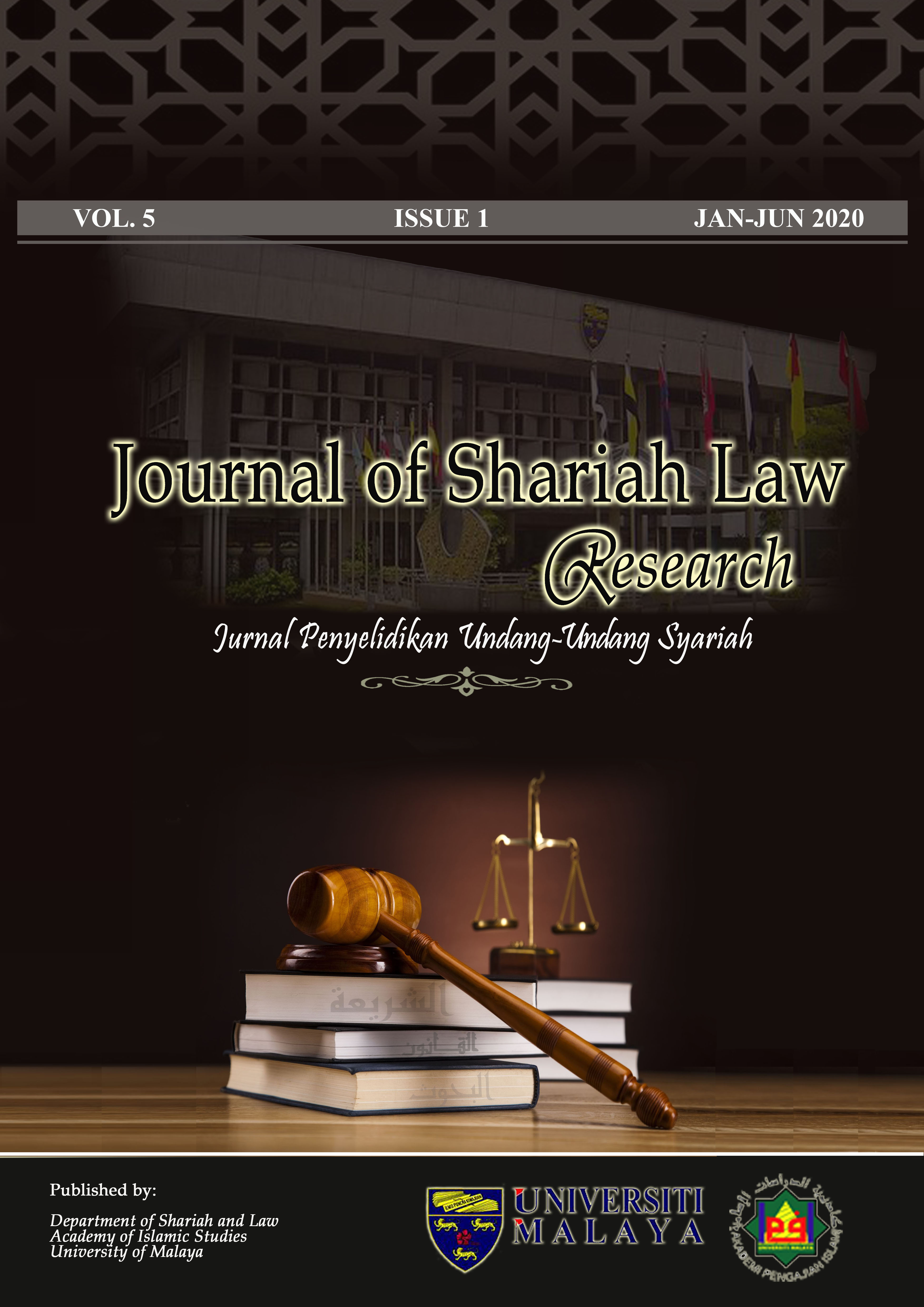STUDY OF MULTIPLE BODILY HARM IN SHI‘I JURISPRUDENCE AND THE IRANIAN LEGAL SYSTEM
DOI:
https://doi.org/10.22452/jslr.vol5no1.5Keywords:
compensation, physical damage, Islam, fiqhAbstract
When the body of a person in a single accident hits more than one damage, This question arises whether compensation can be claimed for all losses? For example, if both wisdom and eyesight of a person are defected as a result of a strike, in this case, whether these damages must be summed up and condemn the responsible of the damage to compensate all of them, or the injured party is entitled to claim a single compensation only? In Imami Shi’i Jurisprudence, this issue is referred to as blood moneys’ overlap. There is no united opinion in this regard. Different hypotheses can be made in this regard. In these hypotheses, different types of damages are dealt with differently: damages with/without the cause-and-Caused relationship, Damage to Organs in the same location, Dependence of Damaged Organs to Each Other and Unity or Multiplicity of Strikes But these hypotheses are not consistent with the principle of full compensation. The finding of this article is that all injuries should be compensated, even though they occurred at the same time and in a single accident. This view can be verified because it is more compatible with the principle of full compensation of losses. This article attempts to examine the issue in Shi‘i Jurisprudence and the Iranian legal system.
Downloads
Downloads
Published
How to Cite
Issue
Section
License

This work is licensed under a Creative Commons Attribution-NonCommercial 4.0 International License.








